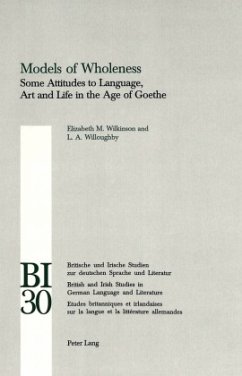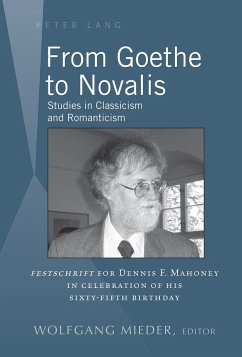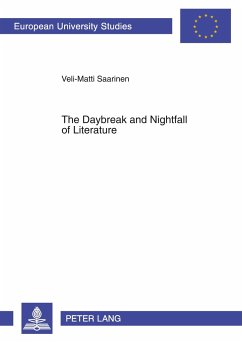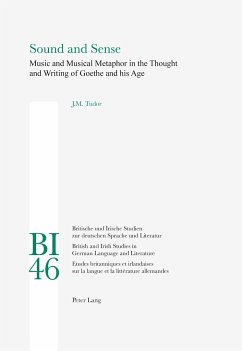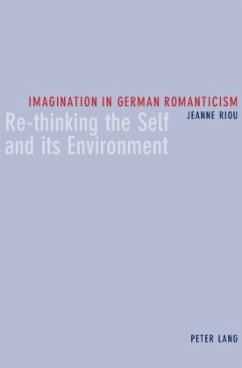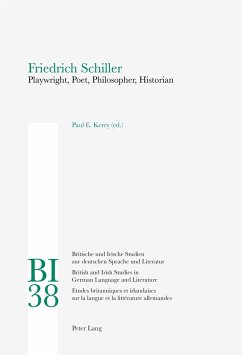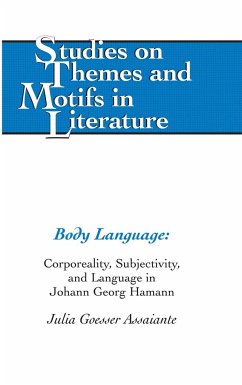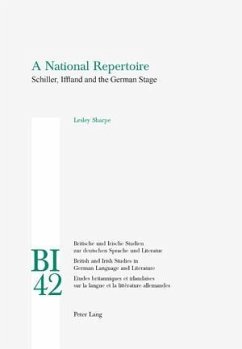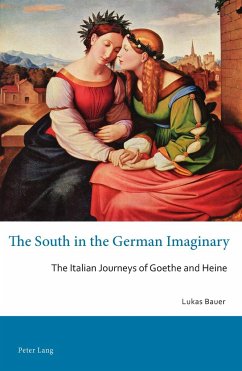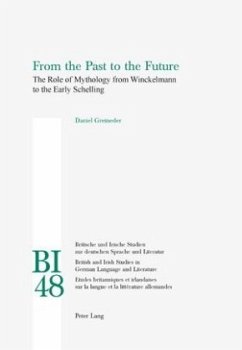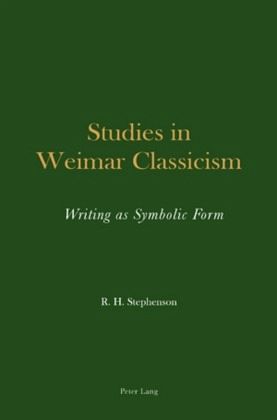
Studies in Weimar Classicism
Writing as Symbolic Form
Versandkostenfrei!
Versandfertig in 6-10 Tagen
105,65 €
inkl. MwSt.

PAYBACK Punkte
0 °P sammeln!
This book is a study of central aspects of Weimar Classicism, written in the light of Ernst Cassirer's cultural theory. It provides a close reading of key texts, ranging across Goethe and Schiller's oeuvre as a whole, from their (philosophical) poems through their drama, prose-writing, and theoretical reflections on cultural and scientific topics. The work seeks to demonstrate the attested (but hitherto largely unanalysed) aesthetic power at the very heart of their writings, which in turn underpins their epistemological and ethical significance. The main theme of Weimar Classicism is the role ...
This book is a study of central aspects of Weimar Classicism, written in the light of Ernst Cassirer's cultural theory. It provides a close reading of key texts, ranging across Goethe and Schiller's oeuvre as a whole, from their (philosophical) poems through their drama, prose-writing, and theoretical reflections on cultural and scientific topics. The work seeks to demonstrate the attested (but hitherto largely unanalysed) aesthetic power at the very heart of their writings, which in turn underpins their epistemological and ethical significance. The main theme of Weimar Classicism is the role of symbolism in Classicism, as distinct from the centrality of semiosis in competing cultural norms. The overall aim of the book is thus to see Weimar Classicism anew, both historically and analytically, as an enlightening context in which to reconsider many of the central tenets of contemporary (often called 'postmodern') cultural theory.





